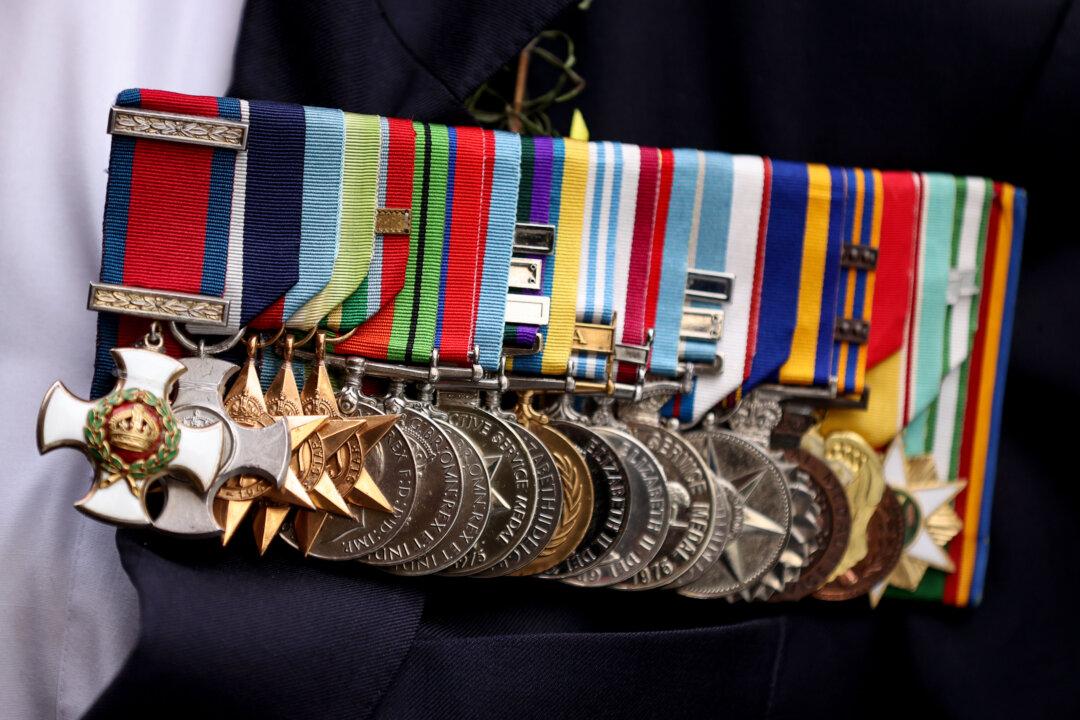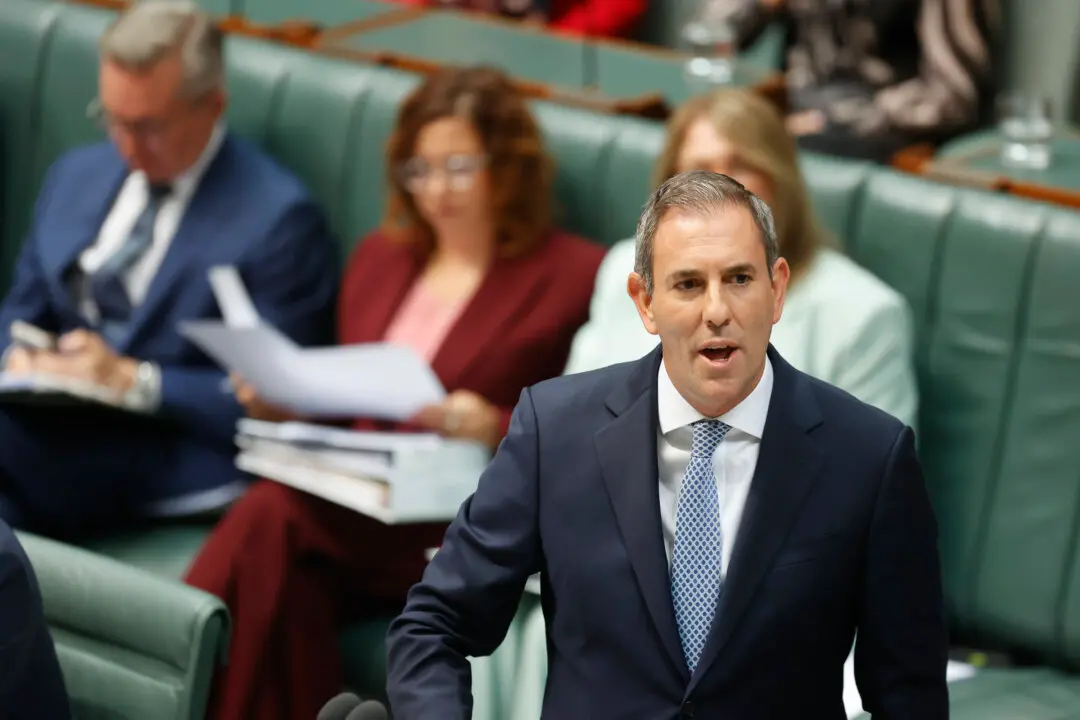The federal opposition has pressured the government on the heartbreaking news that decorated Australian war hero, Daniel Keighran VC, has been forced to sell his military service medals to support his family.
During Question Time in Parliament, MP Phillip Bruce Thompson of the Liberal Party sought an apology from Richard Marles, the acting prime minister, for not addressing cost of living issues.





